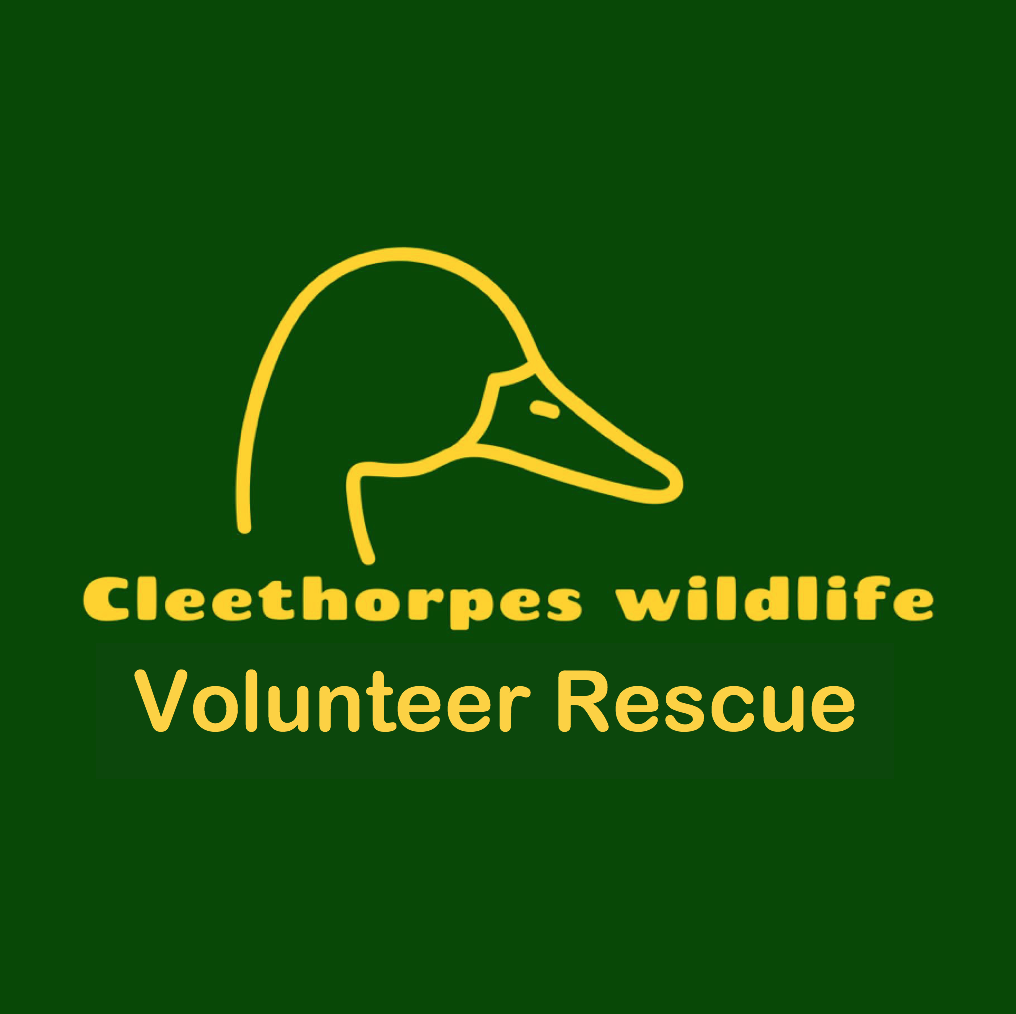
Birds showing one or more Avian Influenza Symptoms
Due to a increase in gulls displaying AI symptoms in our area, we are temporarily not admitting gulls into our rescue with unknown illnesses.
Important Notice:
If you have been sent to this page by our rescue, you may have found a bird showing a sudden unknown illness where we cannot rule our Avian Influenza as a possibility.
Due to the ongoing risk of Avian Influenza (bird flu), Cleethorpes Wildlife Rescue is unable to accept any birds displaying symptoms of the disease.
This is to protect the welfare of other wildlife in our care, our volunteers, and the wider environment.
Why can’t we accept birds with symptoms? If a bird with Avian Influenza were admitted, all birds in our care would have to be euthanised to prevent the spread of the disease. This is a devastating but mandatory measure enforced by Defra. To avoid this heartbreaking outcome, we must be extremely cautious.
Symptoms of Avian Influenza include:
• Sudden death
• Swollen head, neck, or eyes
• Discharge from the nose or eyes
• Swollen head
• Respiratory distress (coughing, sneezing, or gasping for air)
• Lack of coordination, tremors, or seizures
• Unusual posture, such a drooping wings
• Lack of flight without obvious cause
Its important to note that not all birds show all symptoms so where there is doubt, our volunteers reserve the right to protect our birds already admitted by referring you to larger organisations. In some instances, where there has been a sudden increase in a particular species displaying symptoms, we may decide to not admit that species until the cause can be determined.
What should you do if you find a sick or deceased bird?
• For live birds showing symptoms, please contact the RSPCA at 0300 1234 999 for advice.
• For dead birds, do not touch them. Report to the Defra helpline at 03459 33 55 77 (UK) for further guidance.
We understand this may be upsetting, but these precautions are necessary to protect all the wildlife in our care.
Thank you for your understanding and cooperation. Cleethorpes Wildlife Rescue Team
